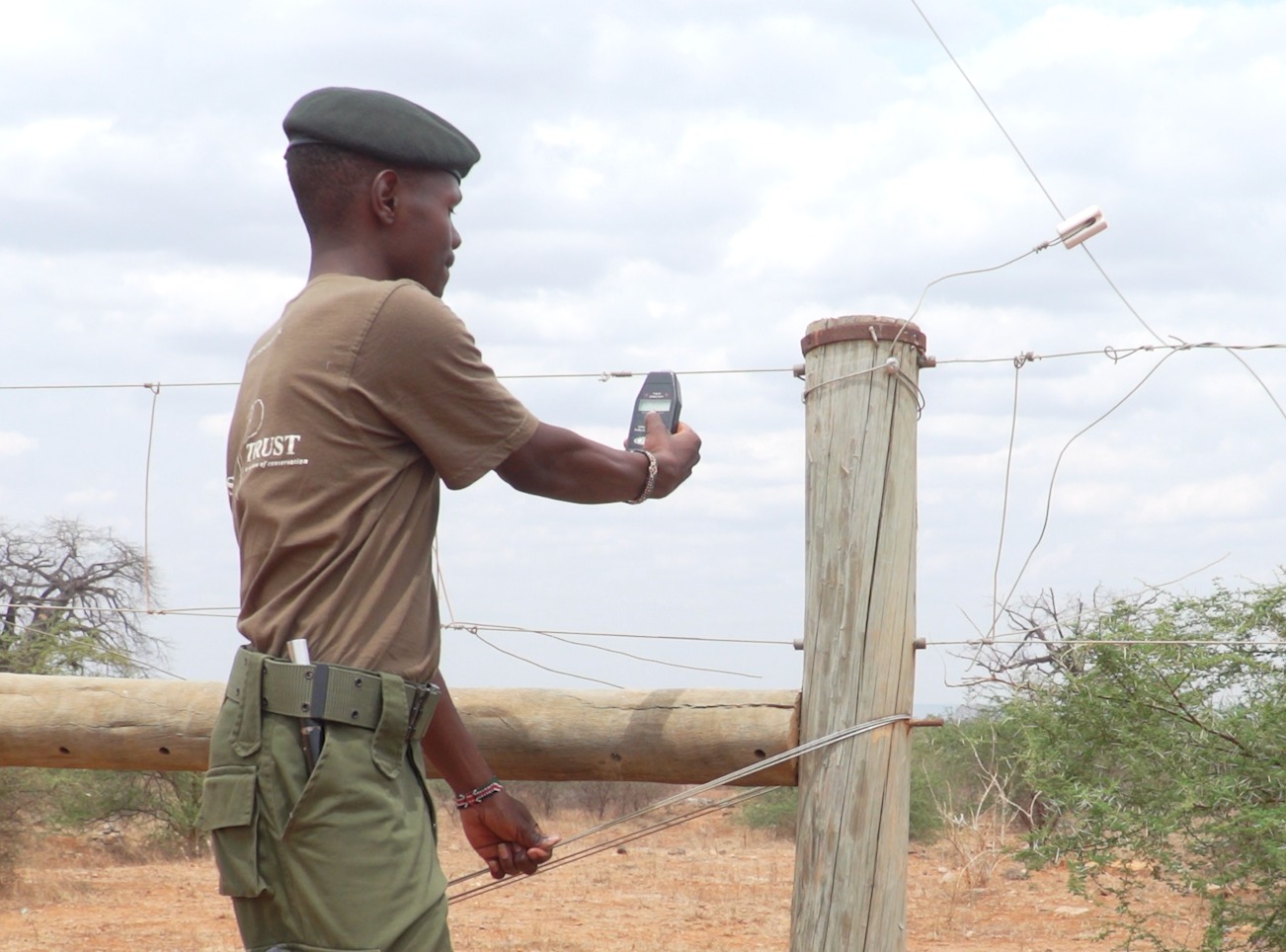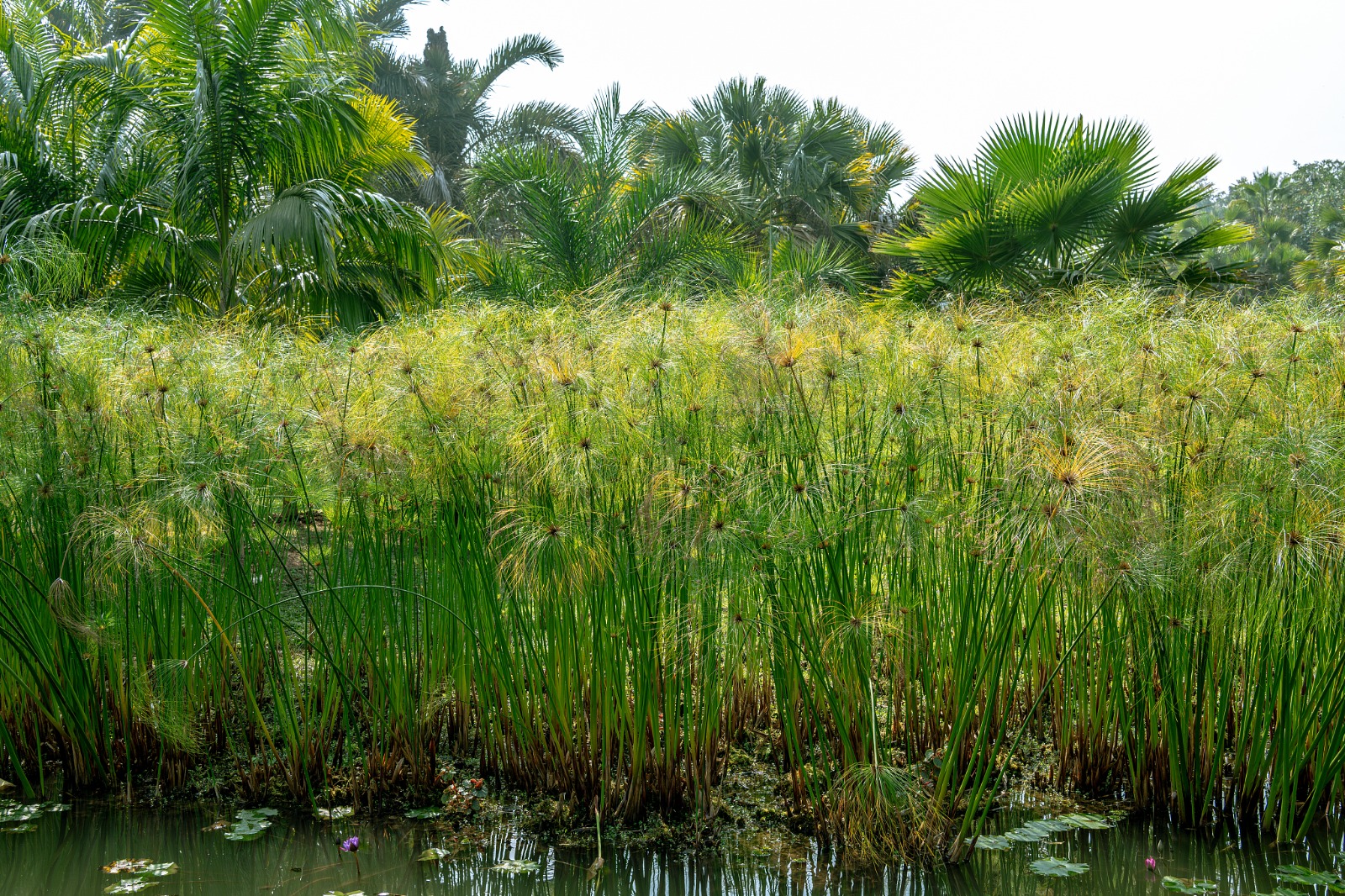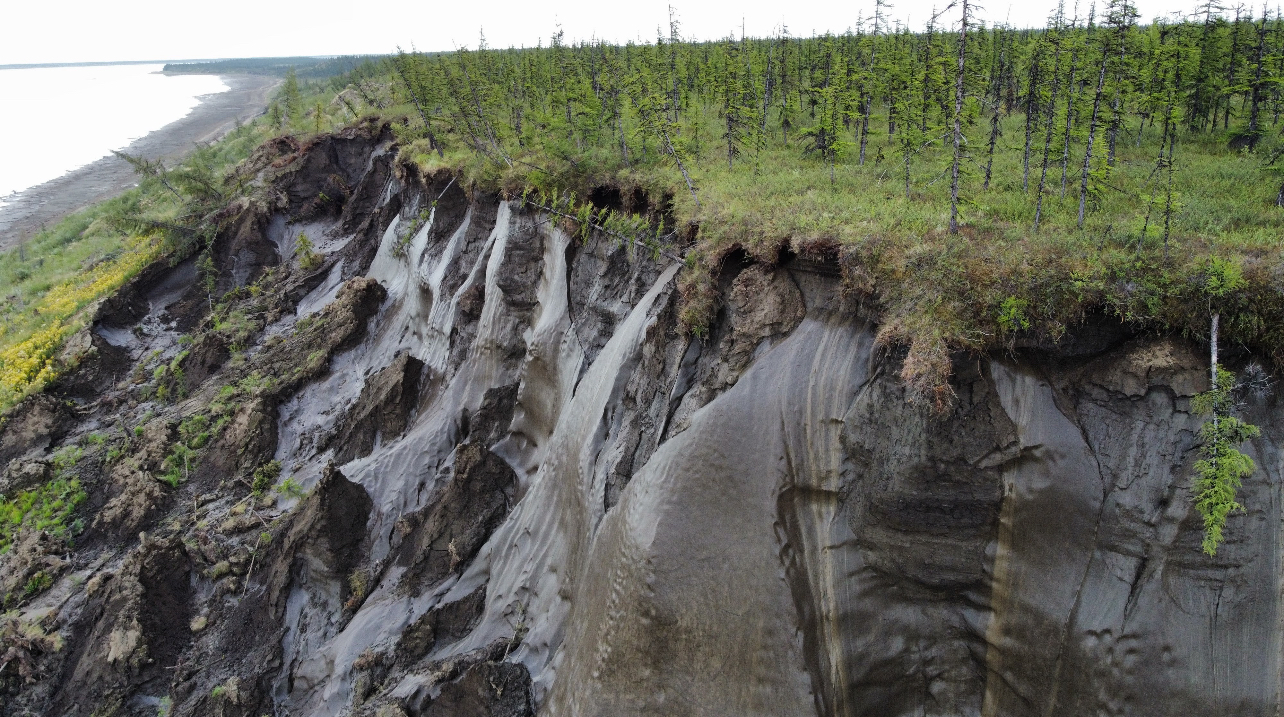Faces of Africa – Horse Racing For Unity Pt. 1
Mauritius is an Island nation known for its pristine white sandy beaches that overlay the Indian Ocean. But unknown to many, this country plays host to a sporting event that has been an open secret for over 200 years – Horse Racing.
Horse racing in Mauritius was started in 1812 by a British national, Sir Robert Townsend Farquhar as a way to encourage socialization and harmony. After the British had defeated the French in battle for the Island, Sir Farquhar was looking for a way in which to unite the two communities. As an avid lover of horses, he decided to introduce horse racing to ease this tension through sports.
Over the years, horse racing has grown to become the number one sport in Mauritius. Usually witnessing large crowds during races. Mauritius occupies a significant place in Africa’s horse industry,boasting an average racing population of over 400 horses.

Before the horses are ready to race, there is a whole lot that goes on behind the scenes. Horse training is not easy and can take up to three months of intensive coaching for a horse to be ready to race.
Each horse is assigned to a groom whose main job is to ensure its overall well being on behalf of the trainer. The groom feeds the racing horse up to 15 kilograms of carbohydrates, vitamin supplements and hay each day to build up on its stamina. He also takes it for a walk to warm up before the trainer arrives.
Amar’s most experienced groom Rungiol Sigh reckons,“If you want to be a good groom, you must first and foremost have a love for horses. I love them as my kids. I give them same care, same love, same affection”.
Working before the break of dawn, 43-year-old horse trainer Amar Sewdyal is overseeing the training of his horses for an upcoming race.
“I have to wake up every day at 3:00 AM, to get the horse ready and to prepare the track, Amar Sewdyal says, “every gallop run is done on Tuesday and Friday and racing day is normally on Thursday”.

Ramapatee Gujadhur, a 73-year-old veteran trainer is preparing for the task ahead. Ramapatee is passionate about horses, his desire for winning is also equally strong that he never misses a day of practice.
Slated only a few days away, both Amar and Ramapatee would like to win the Classic horse dubbed – Barbé Cup. But to achieve this fete, they have to line up against 14 other Mauritian trainers who have the same aspirations of winning this prestigious cup.
Ramapatee states that, “For us, racing (horse) is a sport. We have not been to an academy or to any professional institution to learn how to train. We learn it on the spot, by learning it from our elders.”
Ramapatee’s chief jockey is 29-year-old New Zealand national, Daniel Stackhouse, while Amar’s chief jockey is 39 year old local, Swapneel Rama. These two gentlemen have the onerous task to bring victory to their respective employers in a few days’ time.
“Horse racing is a very expensive sport. If you don’t have the means, I wouldn’t advise anybody to be involved in the sport. If you gamble in this game, you don’t last long”. Ramapatee confides.

As a cultural and sporting event, spectators do get to enjoy the thrilling spectacle of horse racing in Mauritius’ Champ de Mars track.
With a circumference of about 1300 metres, the Champ de Mars track is actually quite small. Races here tend to be anything from 1000 metres to 2400 metres in distance. Over the years,the course has undergone some improvements to ensure that the conditions are at their optimum best for the horses.
The horse racing season starting in March of each year and ends in December.






